 Petzlover
Petzlover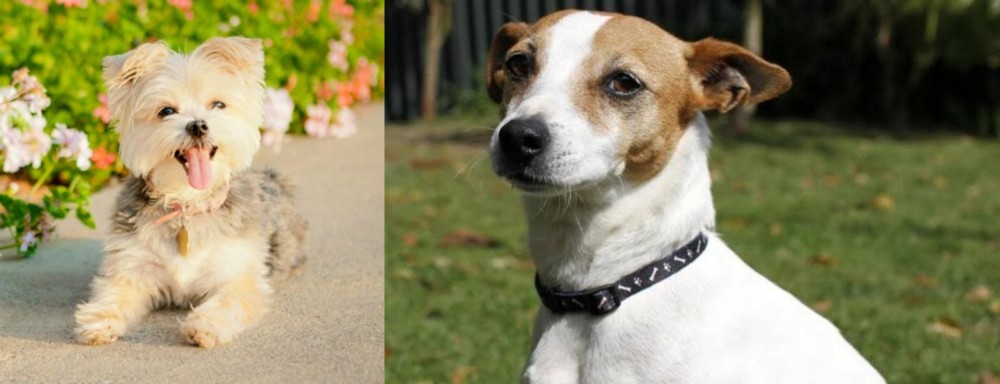 Morkie is originated from United States but Tenterfield Terrier is originated from Australia. Both Morkie and Tenterfield Terrier are having almost same height. Morkie may weigh 24 kg / 52 pounds lesser than Tenterfield Terrier. Both Morkie and Tenterfield Terrier has almost same life span. Both Morkie and Tenterfield Terrier has almost same litter size. Both Morkie and Tenterfield Terrier requires Low Maintenance.
Morkie is originated from United States but Tenterfield Terrier is originated from Australia. Both Morkie and Tenterfield Terrier are having almost same height. Morkie may weigh 24 kg / 52 pounds lesser than Tenterfield Terrier. Both Morkie and Tenterfield Terrier has almost same life span. Both Morkie and Tenterfield Terrier has almost same litter size. Both Morkie and Tenterfield Terrier requires Low Maintenance.
 These cute little dogs originated in the United States. As a cross between a Maltese Poodle and Yorkshire Terrier, the idea of breeders was to bring out a gorgeous looking little dog that would be low shedding.
These cute little dogs originated in the United States. As a cross between a Maltese Poodle and Yorkshire Terrier, the idea of breeders was to bring out a gorgeous looking little dog that would be low shedding.
The Morkie Poo inherits this low shedding characteristic from the poodle side of things. It is not precisely clear as to when the first Morkie was born, but these days he is as popular as ever.
Certainly, both the parent breeds are recognized with kennel clubs but the Morkie isn’t.
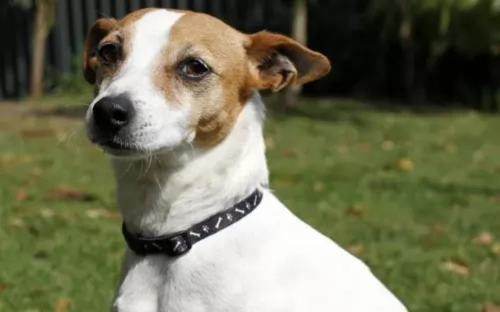 The ancestors of the Tenterfield Terrier came to Australia with the British and from them came this Australian breed. The English terriers were bred to be ratters on the ships to Australia. Today’s breed is a hardy, strong, athletic and agile dog. These first dogs were miniature Fox Terriers, bred for ratting. The miniature Fox Terrier was an established breed in the late 19th century in Australia with families and was know as a Mini Foxie. The breed became a steady presence in homes by the 1920’s.
The ancestors of the Tenterfield Terrier came to Australia with the British and from them came this Australian breed. The English terriers were bred to be ratters on the ships to Australia. Today’s breed is a hardy, strong, athletic and agile dog. These first dogs were miniature Fox Terriers, bred for ratting. The miniature Fox Terrier was an established breed in the late 19th century in Australia with families and was know as a Mini Foxie. The breed became a steady presence in homes by the 1920’s.
The breed might not have been named after the area of Tenterfield as many have guessed. Instead they may have been named after a breeder. The owner of the Tenterfield saddlery was called Tenterfield Saddler and he owned several of the breed. In 1990, Don Burke, a television personality suggested the breed be named the Tenterfield Terrier.
The Miniature Fox Terrier Club of South Australia. Now there were several clubs in Australia and a lot of disagreement about exactly what type of dog a miniature fox terrier was. Some did not think the name was legitimate, but they wanted recognition from the Australian National Kennel Club (ANKC). So, they became the Tenterfield Terrier Club of Australia in 1993. They were recognized by 2002.
Today the breed standard for the Tenterfield Terrier is different from the one for the Miniature Fox Terrier. They are now entirely separate breeds. In addition to the ANKC, the breed is recognized by the New Zealand Kennel Club but not by the AKC. It is also recognized by the American Pet Registry, Inc, the American Canine Registry and the Dog Registry of America, Inc.
 The small Morkie is a crossbreed, and this means you can’t be 100% guaranteed of the dog’s looks. They usually stand at about 24 – 30cm in height and weigh between 4 and 6kg.
The small Morkie is a crossbreed, and this means you can’t be 100% guaranteed of the dog’s looks. They usually stand at about 24 – 30cm in height and weigh between 4 and 6kg.
You also get the Teacup Morkie which is even smaller. The coat of the Morkie can become fairly long and is black, brown and tan.
This is a little crossbreed dog who simply loves spending time with his human family. He is loving and gentle and will get along well with other pets in the home as well as with children.
Some people are inclined to think that these little balls of fluff are a total walkover, but don’t be mistaken, as these cheeky, feisty dogs have attitude. They’re social and playful and love to be involved in games with the kids. Just make sure your children have been taught how to be gentle with a small dog like this.
He becomes very attached to his family and doesn’t want to be left alone for too long.
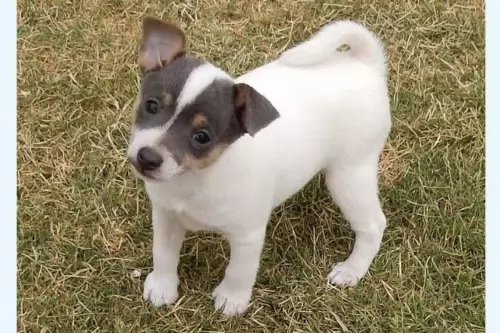 The Tenterfield Terrier is square and compact. He has a head shaped like a wedge and unusual in the terrier group. They have pricked ears and are predominantly white mixed with tan or black. They could also be tri-colored in black/tan and white or tan/liver and white. They have naturally occurring bob tails or docked tails. The nose is usually black unless the dog is liver colored, they have liver noses. The jaws are strong, and lips are tight with a strong neck.
The Tenterfield Terrier is square and compact. He has a head shaped like a wedge and unusual in the terrier group. They have pricked ears and are predominantly white mixed with tan or black. They could also be tri-colored in black/tan and white or tan/liver and white. They have naturally occurring bob tails or docked tails. The nose is usually black unless the dog is liver colored, they have liver noses. The jaws are strong, and lips are tight with a strong neck.
 Your Morkie is such a sweet dog, and that’s to be expected, coming from such sweet parent breeds.
Your Morkie is such a sweet dog, and that’s to be expected, coming from such sweet parent breeds.
He just loves his human family and is friendly and social as well as being loyal. He has quite a bit of attitude, and if you allow it, he’ll develop some horrible small dog syndrome characteristics, such as being snappy, whiny and barking.
Small though he is, training and socialization will do him the world of good and he then lives up to everything wonderful that Morkie dog owners have got to tell you about– playful, friendly fun-loving, jaunty, loving and the cutest little thing there is.
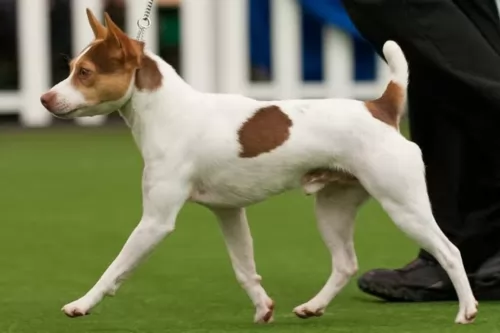 3.Adaptability – they need space even though they are small. They need a lot of exercise. They can adapt if they get another exercise. They can live in apartments and can play indoors as well as out.
3.Adaptability – they need space even though they are small. They need a lot of exercise. They can adapt if they get another exercise. They can live in apartments and can play indoors as well as out.
4.Learning ability – They are extremely intelligent, but they can be stubborn like all terriers.
 As a responsible dog owner it is to your benefit to be aware of some of the common dog illnesses that your Morkie can succumb too. Not that he is likely too, as with good care, these robust little dogs can live to be 15 years of age or so.
As a responsible dog owner it is to your benefit to be aware of some of the common dog illnesses that your Morkie can succumb too. Not that he is likely too, as with good care, these robust little dogs can live to be 15 years of age or so.
A dog's lifespan can certainly be impacted by the lifestyle they lead. Some of the common dog illnesses to look out for -
Parvo can be a killer, and that’s why your 8 week old puppy needs to have his parvo vaccination. You’ll find puppies in shelters and puppy mills that get parvo. Dogs contact parvo by coming into contact with an infected dog.
Symptoms include vomiting, diarrhea, lethargy and weight loss. Quick medical treatment can save your dog but it is better to ensure he doesn't get it in the first place. Other diseases that require vaccinations are hepatitis, distemper and rabies.
This is a tick-borne illness brought on by bacteria transmitted by deer ticks that attach to the dog. One of the symptoms is lameness in limbs and a loss of appetite. Without treatment, lyme disease can lead to kidney problems.
Prevent your dog getting bloat by ensuring he doesn’t get ravenous with one meal a day. He then wants to wolf his food down. Rather give him smaller meals that he eats slower to avoid bloat. The stomach swells and can actually twist. If your dog has an enlarged stomach, is restless, salivating and wanting to vomit, get him to the vet immediately.
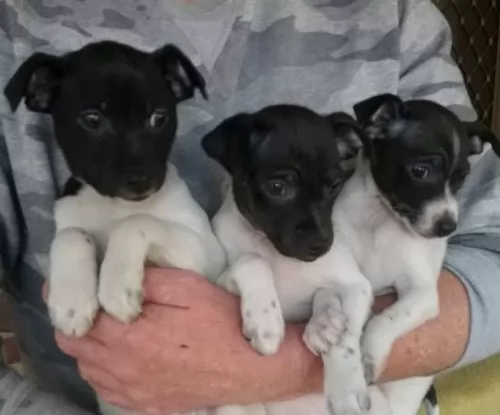 They are small in stature and because of their face they seem to have dental issues. The breed does not have a lot of health issues but deals with the same issues as many small terriers. Not all members of the breed are susceptible to these, but some are just like the Australian Terrier.
They are small in stature and because of their face they seem to have dental issues. The breed does not have a lot of health issues but deals with the same issues as many small terriers. Not all members of the breed are susceptible to these, but some are just like the Australian Terrier.
 The Morkie is such a small dog so it won’t require much effort to brush him. Because the hair is thin and fine, you may want to brush him every day just to keep the silky hair from matting.
The Morkie is such a small dog so it won’t require much effort to brush him. Because the hair is thin and fine, you may want to brush him every day just to keep the silky hair from matting.
Many Morkie owners opt to have their Morkie’s trimmed at a professional dog parlor. Check around his eyes and check inside his ears to make sure both are clean and free from infection.
Little dogs always have trouble with their teeth, so make sure to check these regularly. Keep his nails trimmed too as if they grow long they can hook onto things and can cause injury.
The Morkie is an energetic little dog, but because he is small he isn’t going to require too much exercise. A walk now and then will delight him and some ball games indoors or outside. He is a dog that will settle happily into city- or country life, so long as he is with his beloved owner.
Morkies love their food and they can tend to gobble it up. Rather give your Morkie smaller meals than one main meal as he wolfs it down, causing digestive problems.
If you feed him kibble, make sure the packaging is marked for little dogs and make sure its the best there is to ensure he gets the right amount of minerals and vitamins in.
As a treat boil some chicken, brown rice, pasta and vegetables and chop it up very finely and add it into his kibble from time to time.
Make sure your Morkie can easily reach his bowl of fresh, cool water.
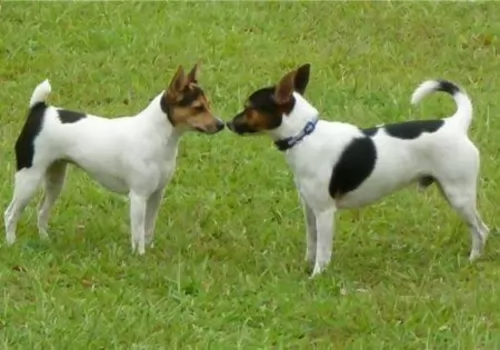 1.Feeding the puppy – Don’t overfeed but do feed high quality puppy food for small breeds and terriers.
1.Feeding the puppy – Don’t overfeed but do feed high quality puppy food for small breeds and terriers.
2.Feeding the adult – This is an active breed but don’t overfeed. Feed a high quality adult dog food for terriers or small breeds. Feed 2 times a day.
4. Games and Exercises – The breed has a high energy level and needs a lot of exercise. He is a terrier and loves to “go to ground”. Play activities that allow him to do that are best. He plays barn hunt, lure coursing and terrier specific competitions.